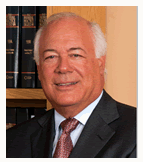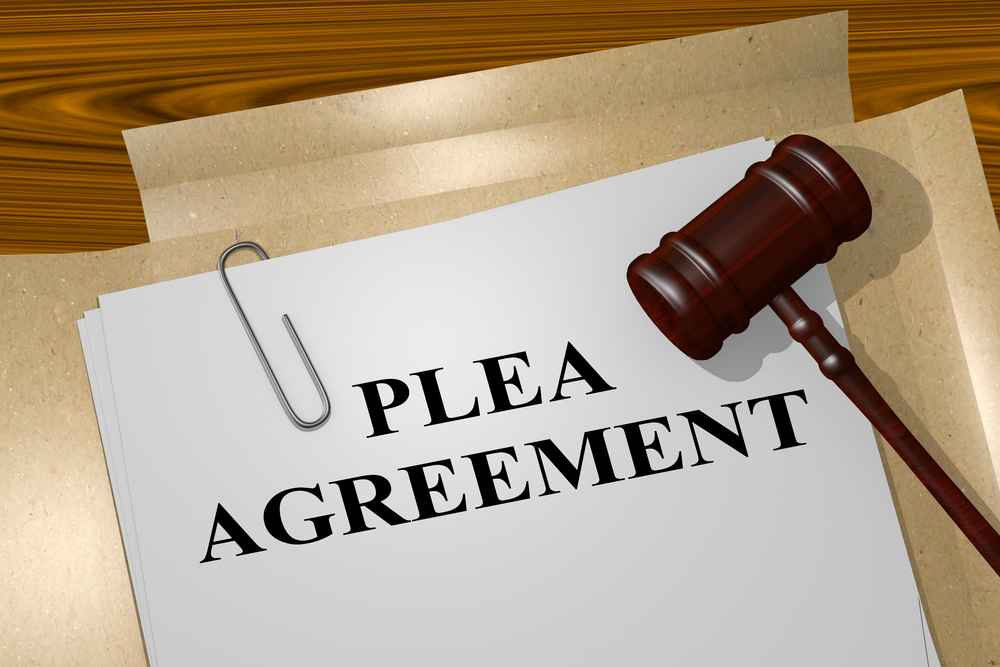The Importance of a Strong Criminal Defense Strategy in Florida – How to Appeal a Criminal Conviction in Miami: A Step-by-Step Guide
If you’ve been convicted of a crime in Miami and believe that an error was made during your trial, you may have the right to appeal the conviction. The appeals process can be complex, but understanding the steps involved can help you navigate it more effectively. Here’s a step-by-step guide to appealing a criminal conviction in Miami.
1. Consult with an Experienced Appeals Attorney The first step in the appeals process is to consult with an experienced criminal appeals attorney. An attorney with expertise in appeals will review your case, assess the grounds for appeal, and provide guidance on the likelihood of success. It’s crucial to work with someone who understands the intricacies of appellate law.
2. File a Notice of Appeal To begin the appeal, your attorney will need to file a Notice of Appeal with the court that handled your original case. This document informs the court and the prosecution that you intend to challenge the conviction. It’s important to file this notice within the timeframe specified by Florida law, typically within 30 days of the conviction.
3. Prepare the Record on Appeal The next step involves preparing the Record on Appeal, which includes transcripts of the trial proceedings, evidence presented, and any other relevant documents. This record is essential for the appellate court to review the case. Your attorney will ensure that the record is complete and accurately reflects what occurred during the trial.
4. Submit an Appellate Brief Your attorney will draft and submit an appellate brief, outlining the legal arguments and reasons why the conviction should be overturned. The brief will address errors made during the trial, such as incorrect rulings or procedural mistakes, and argue why these errors affected the outcome of the case.
5. Oral Argument In some cases, the appellate court may schedule an oral argument where your attorney can present arguments and answer questions from the judges. This is an opportunity to emphasize key points from the brief and respond to any concerns raised by the court.
6. Await the Court’s Decision After reviewing the briefs and hearing arguments, the appellate court will issue a decision. The court may uphold the conviction, overturn it, or remand the case for a new trial. The decision will be based on whether the appellate court finds that legal errors affected the trial’s outcome.
7. Further Actions If the appeal is unsuccessful, there may be further options available, such as seeking a rehearing or pursuing post-conviction relief. Your attorney will discuss these options with you and guide you through any additional steps.
“Justice delayed is justice denied.” – William E. Gladstone. This quote underscores the importance of timely and effective legal action. For example, promptly filing an appeal can ensure that any errors are addressed and that your rights are protected.
In summary, appealing a criminal conviction in Miami involves consulting with an appeals attorney, filing necessary documents, preparing the Record on Appeal, submitting a brief, and possibly presenting oral arguments. Understanding these steps can help you navigate the appeals process and seek a fair outcome.
If you’re considering an appeal or need expert legal advice, contact Roy Kahn at 305-358-7400. With over 30 years of experience, Roy J. Kahn, P.A., offers skilled representation to navigate the complexities of the appeals process.
 Roy J. Kahn, with years of legal experience in a wide variety of criminal law, heads a “boutique” firm, which means that your attorney is Roy J. Kahn, not a paralegal. If you have been charged or are about to be charged with a crime—or if you have been contacted to be a witness in a federal grand jury case, you need a qualified defense. You should consult with an attorney immediately and know that you have a right to make no statement until you have consulted with an attorney To contact Mr. Kahn, he can be reached at 305-358-7400.
Roy J. Kahn, with years of legal experience in a wide variety of criminal law, heads a “boutique” firm, which means that your attorney is Roy J. Kahn, not a paralegal. If you have been charged or are about to be charged with a crime—or if you have been contacted to be a witness in a federal grand jury case, you need a qualified defense. You should consult with an attorney immediately and know that you have a right to make no statement until you have consulted with an attorney To contact Mr. Kahn, he can be reached at 305-358-7400.

Recent Comments